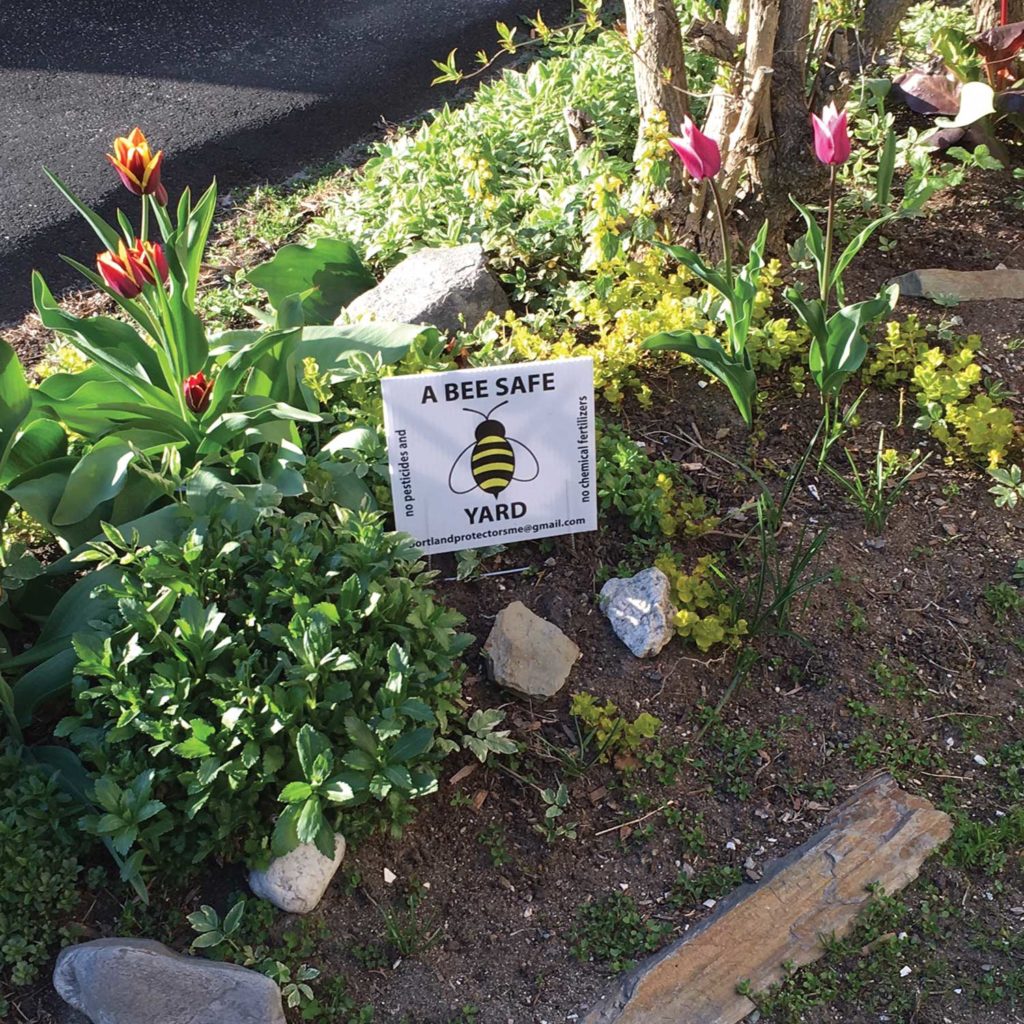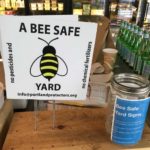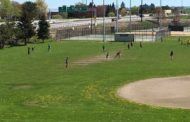Pesticide & Fertilizer Task Force Update
What Does Portland Want – Integrated versus Organic Pest Management
by Bridget Chase
The Portland Pesticide and Fertilizer Task Force is reviewing a draft ordinance that brings to the forefront a debate between two approaches to pesticide use. On the one hand, the status quo of Integrated Pest Management (IPM), and on the other the inclusion of Organic Pest Management (OPM). The task force also felt strongly about submitting one draft ordinance without a minority report to the Energy and Sustainability Committee. This committee is the first step on the way to City Council approval.
Is Integrated Pest Management Enough?
At face value, IPM appears to be enough. After all, it advocates for the use of pesticides as a last resort. However, the reality of how IPM is implemented is quite different. It relies on self-monitoring and lacks guidance. A person or applicator following IPM can do what they want, and often that includes selecting a pesticide route to pre-empt an infestation or to achieve the “perfect green lawn.” This is not the intention of IPM, but it is the reality in many cases.
The idea that there is a safe pesticide is an oxymoron. Pesticides are designed to eliminate a problem insect or weed. Organic Pest Management (OPM) can be as effective as IMP. But importantly, organics in general tend to breakdown faster and come with less unknowns than their synthetic counterparts.
In Portland’s ordinance the inclusion of OPM and IMP principles gives the document more teeth, as in more options, toward protecting its people, waterways and wildlife.
What Makes the Approved List
Points of contention in the current draft ordinance include what makes the list of acceptable pesticides. Many communities including South Portland have gone with national lists that are maintained by the federal government. The goal is to eliminate the need for city staff to regularly review and revise the list. A subcommittee of Portland’s task force, including proponents of IPM and OPM, was formed to review the proposed list for the December meeting.
In addition, the task force is unanimous in recognizing the importance of a strong comprehensive education component for this ordinance. More of the public and professionals need to realize their lawn and garden care choices may be unrealistic. Worse still, their use of pesticides could have the potential to harm people, waterways and wildlife. South Portland has already begun work on the education component of its pesticide ordinance. The program rolls out for the public in 2018. In preparation for this launch, members of the storm water and sustainability staff for the Cities of South Portland and Portland will meet to identify ways to collaborate.

Bee safe yard signs pop up around the neighborhood showing support for pesticide-free gardens. -Photo by Tony Zeli
Mayor Strimling’s Role
The Energy and Sustainability Committee will lose at least two members. Councilors Jon Hinck and Ed Suslovic both lost their bids for reelection. The third member of the Committee, Spencer Thibodeau is limited in his involvement with this ordinance. His work as a real estate attorney creates a conflict of interest. The new members of this committee should be announced at the December 5th City Council meeting when Mayor Ethan Strimling will swear in the new members. The Mayor has an opportunity to select members of the Energy and Sustainability committee that value the efforts of the task force and who will advance this ordinance.
Bridget Chase
Bridget is a freelance writer who lives in the West End and loves it.






